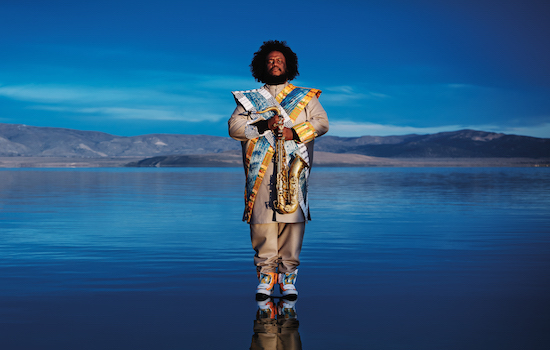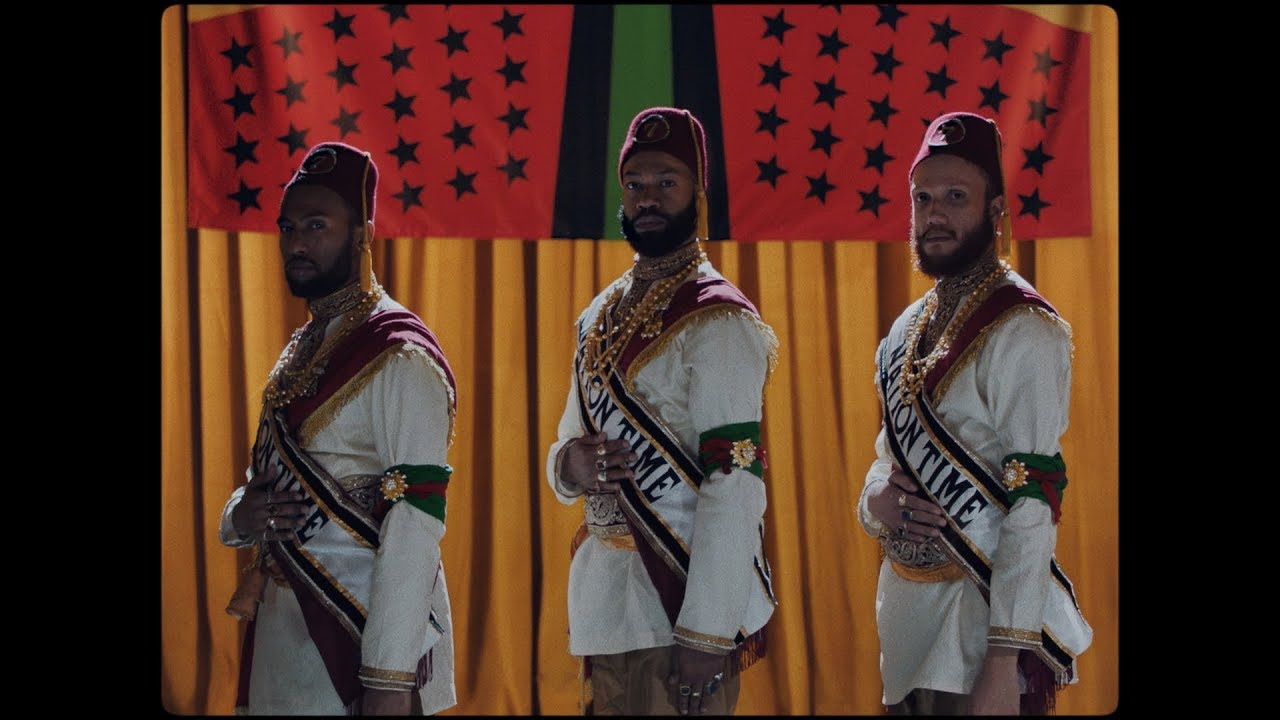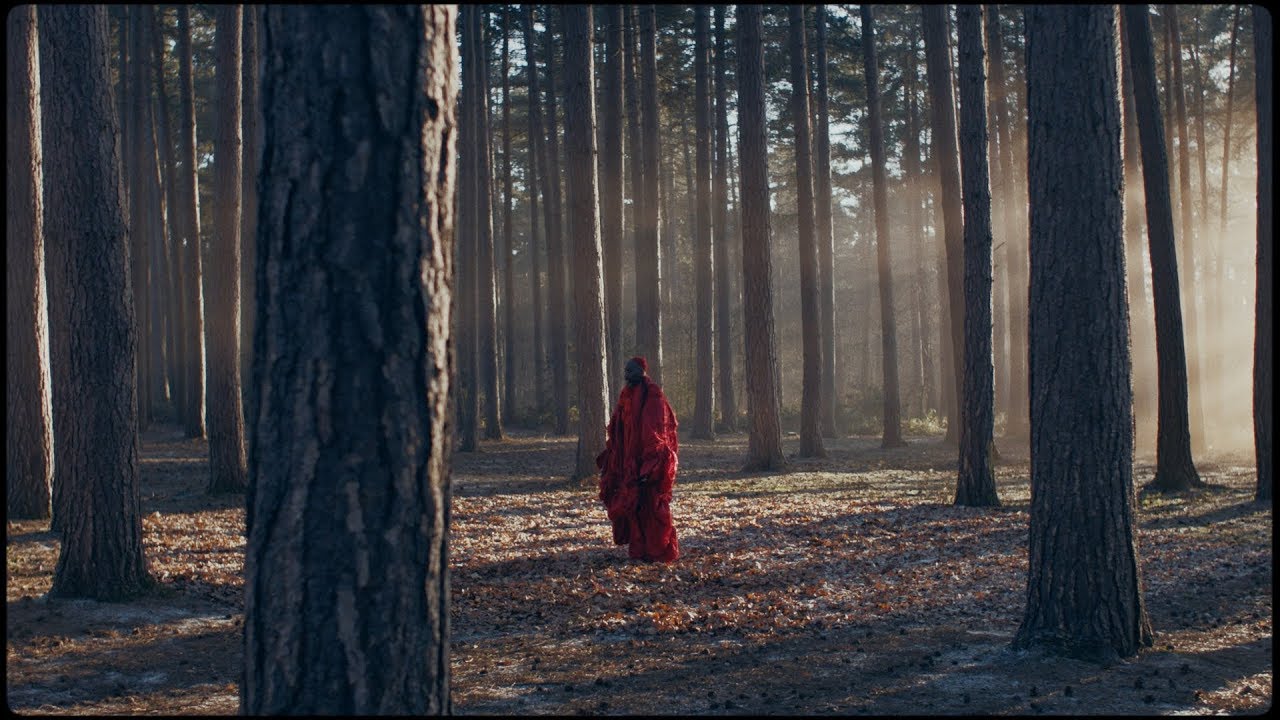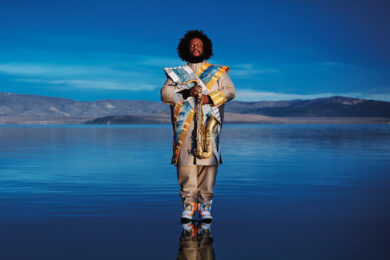Kamasi Washington’s journey to prominence has been an interesting one. His years of obscurity and struggle in LA, which also saw him guesting with artists as diverse as Snoop Dogg, Raphael Saadiq and Broken Bells, came to an end in 2015 with the one-two of his contributions to Kendrick Lamar’s planet-shagging To Pimp A Butterfly and the release of his own expansive and appropriately named album, The Epic, a record that didn’t so much cross musical barriers as wipe them out entirely.
Living up to its title and spread across three CDs and some 180 minutes of music, The Epic is one of those rare albums that finds a welcoming audience far beyond its regular constituency. But why? To these ears, the answer lies heavily in the expansive and exploratory nature of music that strikes out against formulaic and predictable tropes. At its heart is a quest for some kind of truth and honesty in an age of artifice – a spirituality based not so much in religion but more the quest to define the values by which we express ourselves, and the attempt to make some sense of our current social and political realities. It articulated in a way that words can’t as it reached out for indefinable yet greater answer.
One difference between The Epic and Heaven & Earth is that the former was recorded over an extended period of time and stood completed for a while before its release. This time around, Kamasi Washington faced the formidable task of writing and recording the follow-up to a tighter deadline.
Divided over two CDs – telling Earth is the first disc and Heaven is the second – this is a concept album of sorts that finds Washington contemplating “the world that I am part of” (Earth) and “the world that is part of me” (Heaven). Consequently, the first disc is the far more chaotic affair, reflecting a world tearing itself apart. Washington doesn’t hold back from expressing and articulating the turmoil, the pandemonium, the disarray that has so far come to define a century that was supposed to bathe in enlightenment but is instead reaching out from the toilet bowl of humanity to flush itself down the u-bend.
Opening the first disc is ‘Fists Of Fury’, an audacious cover of the theme from the 1972 Bruce Lee movie. Leaving well behind the cheesiness and kiai yelps of the original, Washington transforms the song into an expansive exploration that sets the tone of what’s to follow. Nothing is off-limits as Latin rhythms collide with choirs and, most importantly, it is transformed into an explicitly political call-to-arms. “Our time as victims is over/ We will no longer ask for justice,” intone vocalists Patrice Quinn and Dwight Trible. “Instead we will take our retribution.” Those fists of fury are no longer the theme of a kung-fu flick but a strike back from those oppressed for way too long.
A battle with the confusion of this world is carried out throughout the disc: you’ll find it on the utterly cosmic guitar wigout on ‘Connections’, a section of music that yearns to leave behind its earthbound moorings for something approximating nirvana, and most powerfully on ‘One Of One’, Earth’s closing track. This is music that feels like life coming to a close, the transformation of one consciousness and reality into another. Certainly, the dream-like origins of ‘The Space Traveller’s Lullaby’ that opens the Heaven set on disc 2 suggest so. All swelling strings, choirs and a searching performance from Washington, this is rebirth articulated as music, and consequently Heaven is a less frenetic listen than the disc that precedes it.
‘Song For The Fallen’ is less a lament and more a celebration of lives lived well and lost. Washington isn’t one to dwell on loss and mourning; for every negative there is a positive. But the reverse is also true. Drawing on over 50 years of influences that sees Kamasi Washington using elements of funk, soul, hip-hop as well as free jazz and the form’s most out-there moments, Heaven & Earth suffers in places from an overuse of ingredients that can feel as if they’re thrown in simply because they’re there. The sax run of the final movement of ‘Can You Hear Him’ is on a spiritual plane, for example, but the squelching and unpleasant synth solo evokes not so much a quest for meaning as the need for a loo on a packed rush-hour train.
At over two-and-a-half hours, Heaven & Earth is a demanding experience – such is its depth and scope that one suspects that it’s going to take a while for the true meaning and achievement to properly sink in. But for now, this is an album that thrills, confuses, delights and overwhelms.





